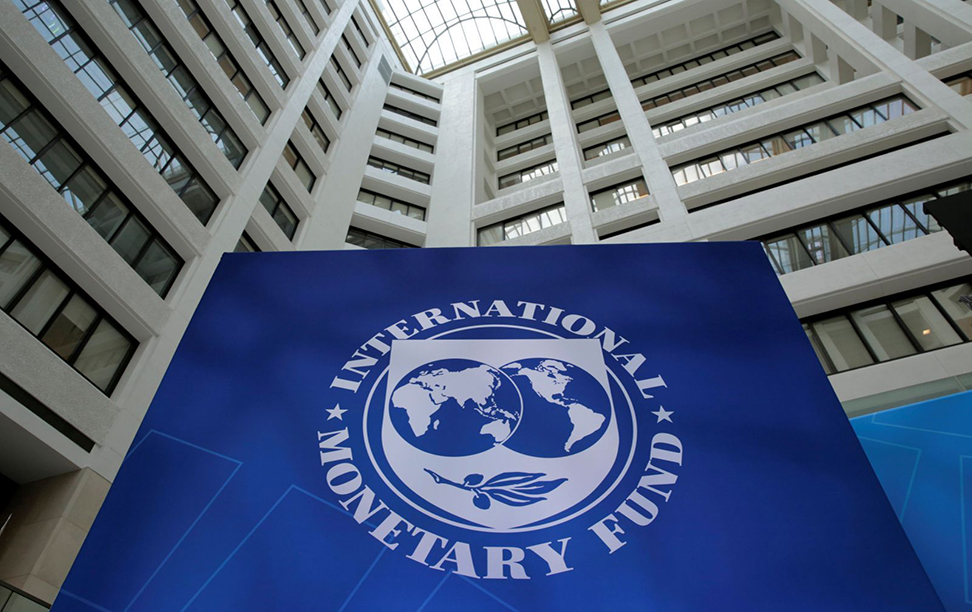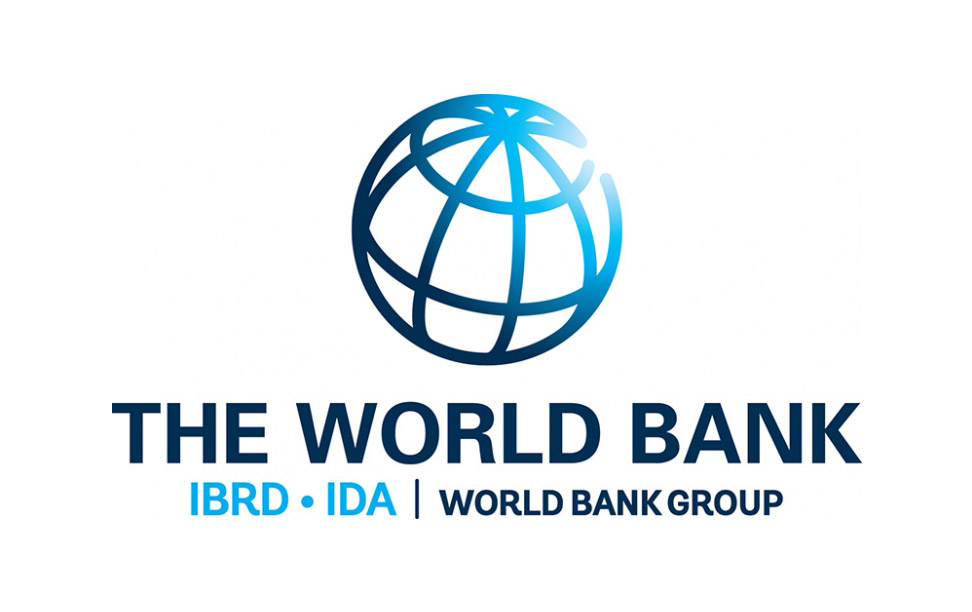January 20, 2024 (MLN): The International Monetary Fund (IMF) has revised down the inflation forecasts, projecting CPI to average 24% in FY24 from earlier projection of 25.9% amid easing food and energy prices, according to the first review report published by the fund.
Although it noted that the November gas tariff increase will add to headline inflation in coming months, but gradual declines are expected given lower core inflation and recent commodity price movements.
The report said that the year-end inflation is projected to be 18.5% in FY24 and 9% in FY25, respectively.
On the other hand, IMF has revised down the economic growth projection to 2% in FY24 from earlier projection of 2.5% reflecting weaker domestic demand.
While positive base effects from flood recovery, especially in agriculture and the textile sector are materializing, continued external challenges and necessarily tight fiscal and monetary policy are expected to mute consumption and private investment, it highlighted.
The current account deficit (CAD) for FY24 is projected at $5.6 billion (1.6% of GDP), below the $6.5bn projected in the SBA Request.
The import rebound is now expected to be more muted, reflecting weaker domestic demand, while exports and remittances are also more muted, it said.
Moreover, IMF staff expects the CAD to remain around 1.5% of GDP over the medium term, reflective of a market-determined exchange rate consistent with a sustainable CAD and efforts to rebuild reserves.
Meanwhile, despite a notable improvement in market sentiment since June, risks to debt sustainability remain acute given large gross financing needs and scarce external financing.
Assuming decisive implementation of program policies, which would be sustained over the medium term, and adequate multilateral and bilateral financing, public debt would remain sustainable.
However, policy slippages, insufficient financing or elevated gross financing needs, realization of contingent liabilities and downward risks to the baseline could all undermine the narrow the path to debt sustainability, the global lender noted.
With low reserves and scarce market financing, FX payments will remain a persistent challenge, and real interest rates have become an adverse driver of debt dynamics, with interest absorbing more than half of general government revenue.
IMF stressed that downside risks remain exceptionally high for the country.
External financing risks are exceptionally high and delays in the disbursement of planned financing from IFIs or bilateral partners could pose major risks to the government's program given limited buffers, it said.
Any external financing shortfalls would increase the government’s reliance on expensive financing from domestic banks, and could further crowd out private credit.
Higher commodity prices and tighter global financial conditions, including due to the intensification of geopolitical conflicts, could put pressure on the exchange rate and external stability.
Additionally, political tensions ahead of the upcoming elections may weigh on policy decisions and reform implementation.
Copyright Mettis Link News
Posted on: 2024-01-20T22:58:11+05:00







